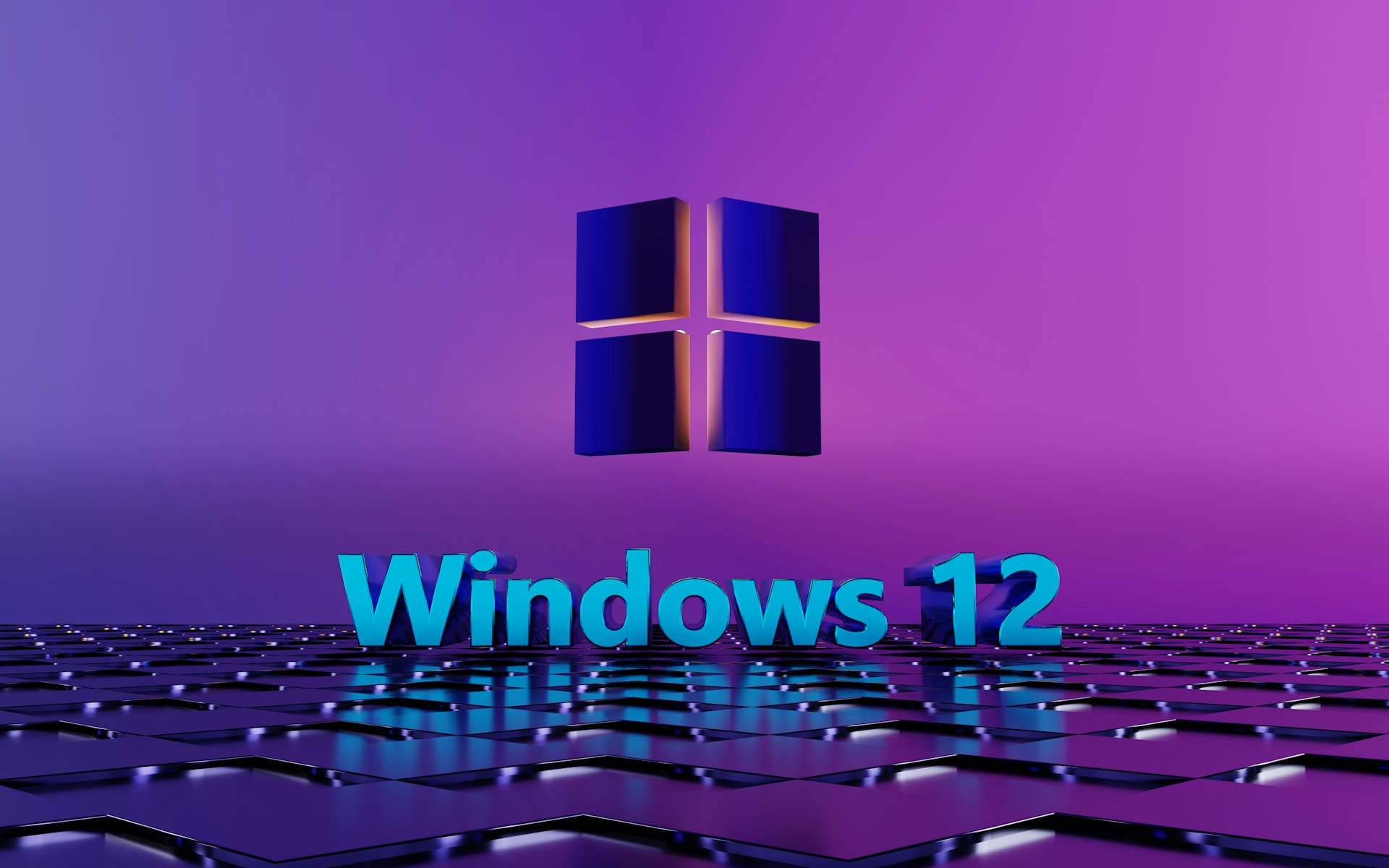How Indie Game Developers Are Shaping the Future of the Gaming Industry

Photo by Matthew Lancaster on Unsplash
Introduction
The gaming industry in 2025 is experiencing rapid evolution, driven in large part by the creativity and adaptability of indie game developers. While large studios face longer development cycles and increasing pressure to deliver blockbuster titles, indie teams are emerging as a vital force for innovation, genre reinvention, and player-centric design. This article explores the critical role indie developers play in industry trends, offering actionable guidance for aspiring creators and insights into the challenges and opportunities that define the indie landscape.
Indie Developers: Catalysts for Innovation
Indie game developers have historically been at the forefront of experimentation, often introducing new mechanics, blending genres, and delivering experiences that challenge industry norms. In 2025, this trend is accelerating as players demand fresh, surprising content and established studios struggle with risk aversion and franchise fatigue [1] . Indie studios leverage flexible production pipelines and creative freedom to produce games that stand out in a crowded marketplace.
Genre mashups are flourishing-developers are no longer confined to traditional categories but instead mix elements from puzzle, RPG, and simulation games to create hybrid experiences. This not only broadens a game’s appeal but also increases its chances of capturing social media attention, which is crucial for breakout success in today’s market [1] .
Adopting New Technologies to Stay Competitive
Technology is leveling the playing field for indie developers. AI-powered tools, procedural generation, and accessible engines like Unity and Unreal make it possible for small teams to rapidly prototype, test, and polish innovative ideas [2] . These technologies allow indies to:
- Accelerate development cycles by automating asset creation and game balancing
- Personalize player experiences through adaptive AI-driven content
- Reduce production costs without sacrificing quality
For those interested in learning more about industry-standard engines, you can visit the official Unity website or search for Unreal Engine resources to access tutorials and community support.
Fostering Player-Centric Design and Community Engagement
Indie studios excel at building strong connections with their player base. Unlike many large publishers, successful indie teams often maintain open communication with fans through social media, community forums, and direct feedback channels. This player-first mentality leads to games that better reflect player desires and encourage loyalty [3] .
For aspiring indie developers, engaging with potential players early-through platforms like itch.io, Reddit, or dedicated Discord servers-can provide valuable insights into design choices, feature prioritization, and marketing strategies. Community-driven development also increases the likelihood of a successful launch by building anticipation and trust.
Overcoming Development and Market Challenges
The indie path is not without obstacles. Limited budgets, smaller teams, and lack of marketing muscle create unique challenges. However, there are actionable steps and alternatives that can help mitigate these issues:
- Crowdfunding: Platforms such as Kickstarter and Indiegogo allow developers to secure funding while validating demand. To maximize results, present a clear project vision and offer meaningful rewards.
- Publisher Partnerships: Some indie-friendly publishers specialize in supporting small studios with funding, distribution, and marketing. Research reputable partners by searching for ‘indie game publishers’ on industry forums and review sites.
- Iterative Development: Adopting an agile approach with frequent testing and feedback can minimize costly mistakes and improve game quality.
- Leveraging Asset Stores: Online marketplaces provide ready-made art, music, and code, freeing up resources for unique features and polish.
For those seeking financial support, consider researching local government grants for digital media or contacting your regional game developers association for guidance on available programs.
Expanding Market Reach and Platform Opportunities
Indie developers are increasingly taking advantage of new distribution platforms to reach global audiences. Steam, Epic Games Store, and console marketplaces such as Nintendo eShop and PlayStation Store regularly feature indie titles. Furthermore, platforms like Roblox are enabling indie creators to scale their impact by providing tools for both development and monetization [4] .
To get started on these platforms:
- Visit the official website of your chosen platform and review their submission guidelines.
- Prepare a polished demo and marketing materials.
- Engage with the platform’s developer community to gain insider tips and feedback.
- Consider participating in seasonal game jams or contests hosted by these platforms to increase visibility.
Keep in mind that each platform has unique requirements and revenue models. Evaluate them carefully to determine which best aligns with your project’s goals.
Impact on Industry Trends
Indie developers are not just adapting to trends-they are setting them. Their willingness to embrace risk, focus on creative expression, and respond rapidly to player feedback positions them as trendsetters in areas such as social-first gameplay, live service models, and cross-platform experiences [5] . As major studios contend with longer development cycles, indie games fill the gap with fresh content and innovative mechanics.

Photo by Matias Islas on Unsplash
This dynamic is reshaping the broader industry, prompting established publishers to adopt more agile practices, invest in indie talent, and revisit player engagement strategies. The resulting ecosystem is more diverse, vibrant, and responsive to player interests.
How to Access Indie Opportunities
For those interested in joining or supporting the indie game movement, several pathways exist:
- Game Jams: These events challenge developers to create a game within a short time frame, fostering collaboration and rapid prototyping. Search for “Global Game Jam” or “Ludum Dare” to find upcoming events.
- Online Learning: Many free and paid courses are available through platforms like Coursera, Udemy, and official engine websites. Search for “game development courses” along with your preferred tool (e.g., Unity, Unreal Engine).
- Networking: Join online communities on Discord, Reddit, or local meetup groups to connect with peers and potential collaborators.
- Pitching to Publishers: Research reputable indie publishers and prepare a succinct pitch deck outlining your game’s vision, mechanics, and market potential.
- Government Support: In some regions, government agencies offer grants or tax incentives for indie developers. Visit your local digital media or cultural agency’s official website for details, or contact them directly for guidance.
Always verify the legitimacy of any program or publisher before engaging, and seek feedback from industry forums or experienced peers.
Conclusion
Indie game developers are essential to the continued vitality and innovation of the gaming industry. By embracing new technologies, fostering community engagement, and challenging conventional design norms, they are shaping the trends that will define games for years to come. Whether you are an aspiring developer or a passionate gamer, tapping into the indie ecosystem offers pathways to creativity, collaboration, and success in an ever-changing market.
References
- [1] Udonis Blog (2024). Gaming Trends 2025: What’s Shaping the Industry?
- [2] Whimsy Games (2025). Top Game Development Trends in 2025: What Studios Should Watch
- [3] Harvey New (2025). State of the Gaming Industry 2025: Darker Before Dawn?
- [4] Exploding Topics (2025). 7 Huge Gaming Industry Trends (2025 & 2026)
- [5] Unity (2025). Game Studios Discuss 2025 Gaming Industry Trends
MORE FROM findsun.net













